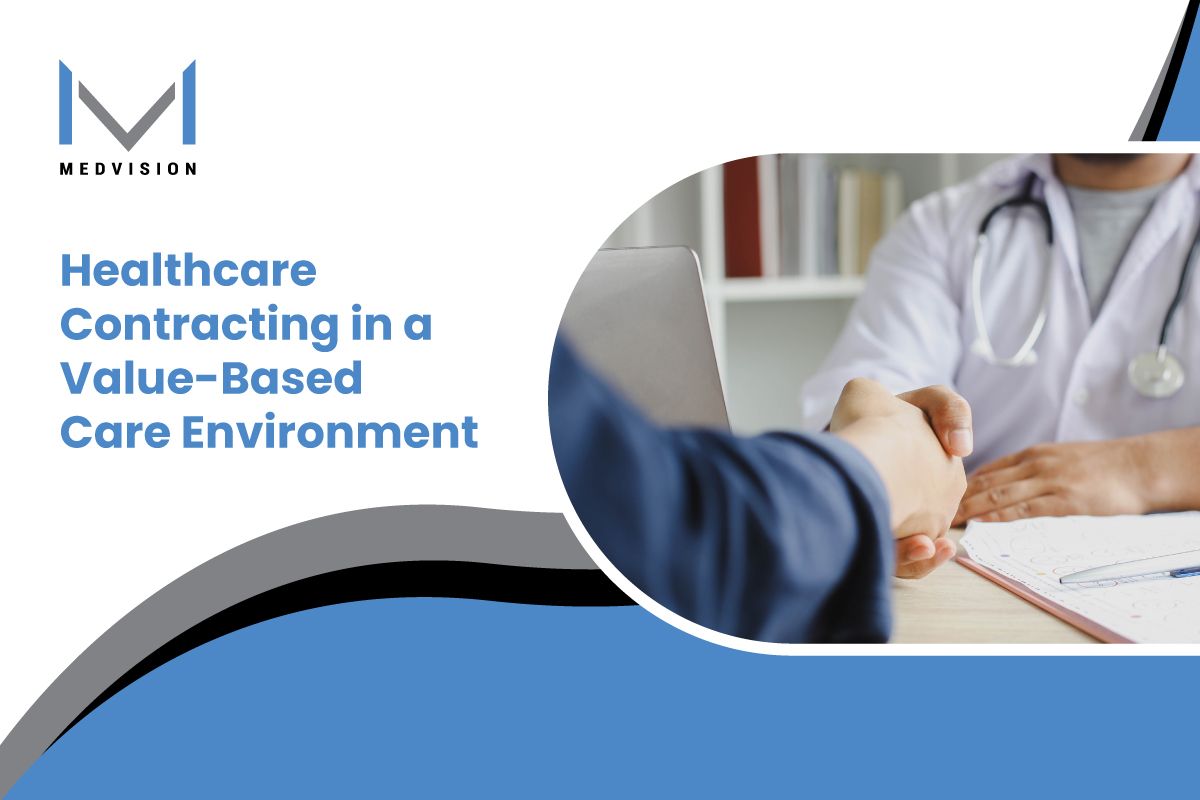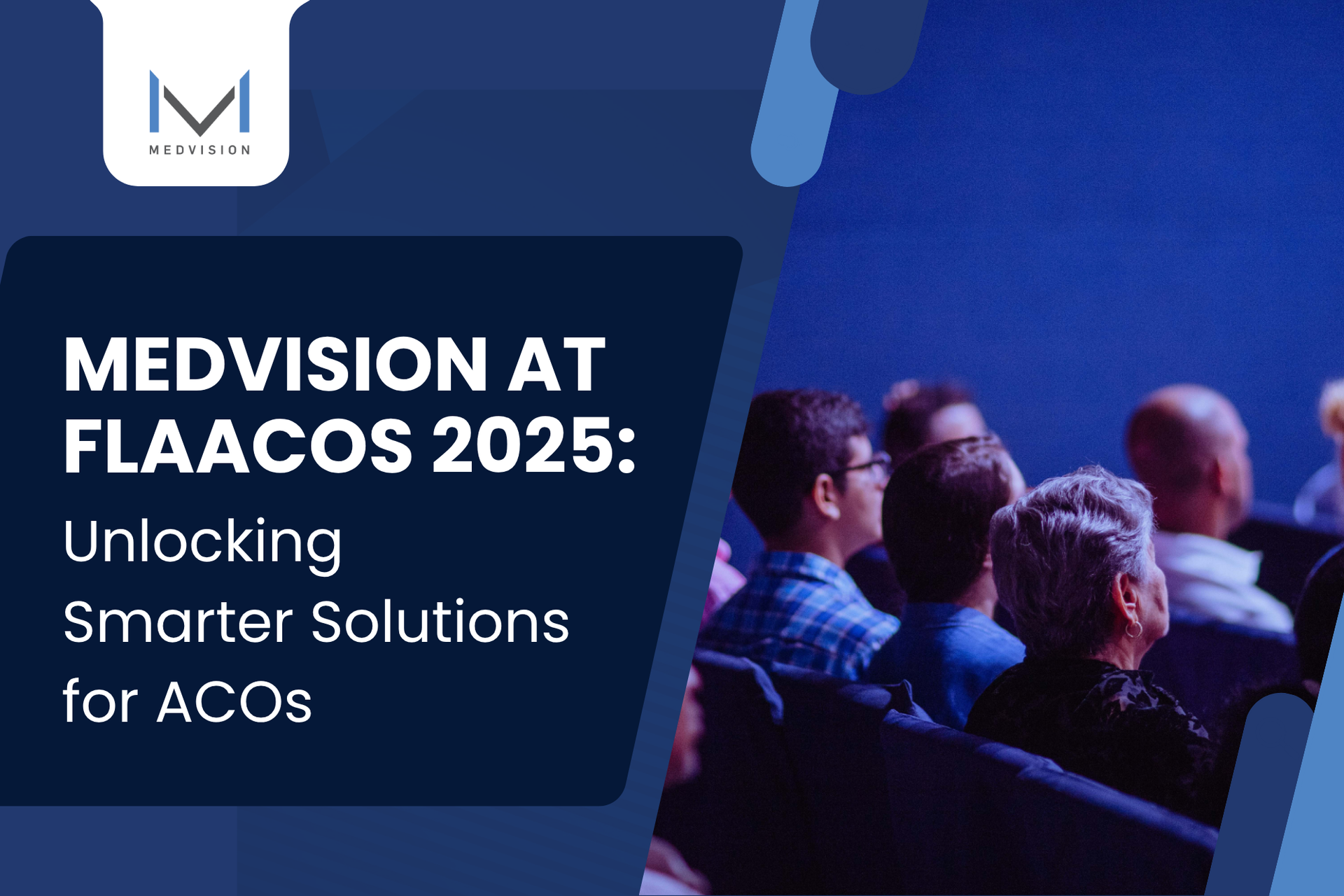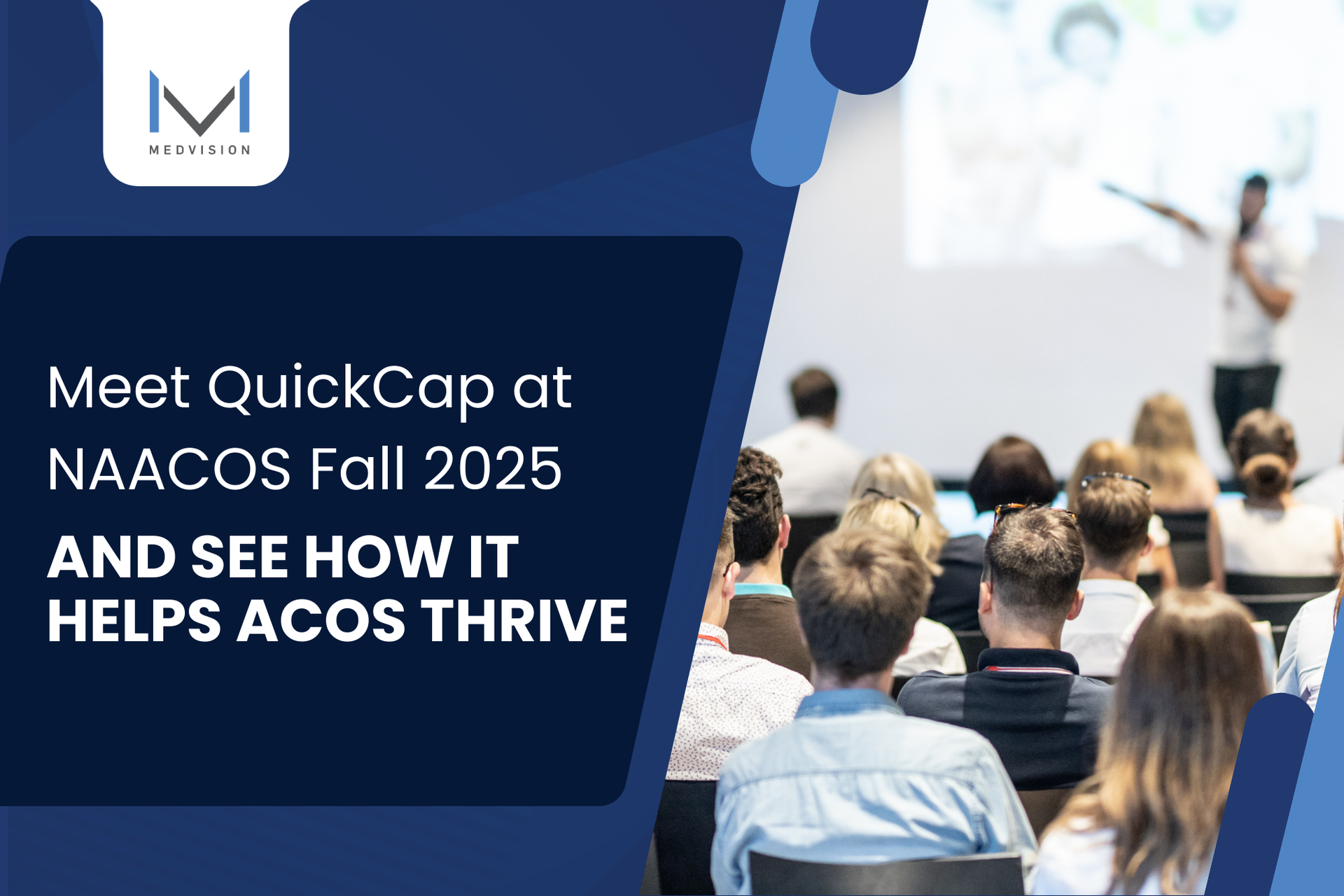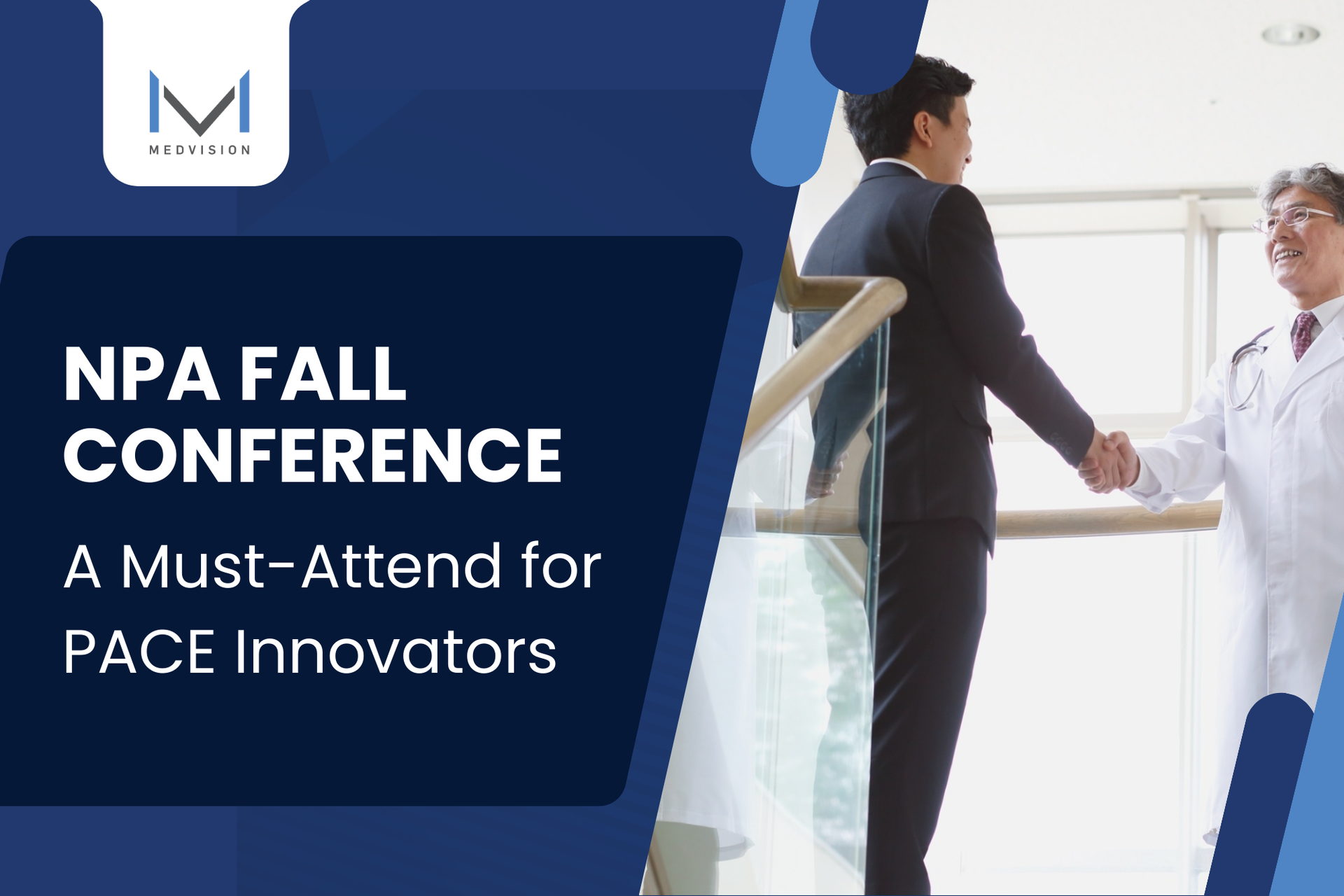Vetting Standard Auto-Adjudication vs. SQL-Based Adjudication
Gone are the days of manual data processing. The healthcare industry has long since adapted digital systems and is among the leading fields with IT-assisted data management. Among its many applications, the auto-adjudication in the health insurance process holds its own distinction. It involves collecting massive amounts of data to liaison patients and providers. Professionals, in turn, have developed frameworks to streamline these processes using programming languages like structured query language (SQL).
There are two pathways to automated adjudication that have received constant attention, pitting standard auto-adjudication vs. SQL-based adjudication. Despite their popularity, it is still unknown which framework best meets the rising demands of the healthcare industry today.

A Comparison: Standard Auto-Adjudication vs. SQL-Based Adjudication
The claim adjudication process is linear. It follows a pipeline structure where various sub-operations lead to a decision to approve or reject claims. The process may include the following steps:
- Ensure a claim is not a duplicate.
- Cross-reference patient demographics, including medical history and financial history.
- Assess claim information, including rendered services, authorization validity, and benefit plan matching.
- Determine whether a claim is valid for payment or not.
Standard auto-adjudication automates these processes by using software to assess data, match coded information, and rule out a decision for a claim. A standardized method aids value-based care delivery. This results in a more uniformed process that improves system coordination.
Meanwhile, SQL-Based Adjudication has customizable functionalities for adjudication procedures. This is because SQL communicates and manipulates information across databases. As a programming language, it uses coded language to extract data by selecting patterns within a data set. Implementing SQL features allows the user freedom to obtain specific data as needed.
Standard auto-adjudication procedures are precise and efficient while SQL-based adjudication is flexible and versatile. Each of them has their own unique feature and is a good alternative to manual processing. Depending on circumstances, one might be the better choice for improving claims management.
The High and Low Lights of Adjudication Frameworks
Most insurance processes have standardized auto-adjudication workflows to efficiently process claims. While this is a feat for managing healthcare transactions, it can only go so far in ensuring streamlined data processing. This is because auto-adjudication workflows strictly follow assessment regulations. In effect, pre-configured conditions in the adjudication process can be too rigid for special-case adjustments.
Still, the efficiency that auto-adjudication offers is evident. Its workflows
expedite claim roll-outs so that companies can avoid large backlogs. This saves time and resources, improving care delivery to a great degree.
Comparing standard auto-adjudication vs. SQL-based adjudication, the latter has more functions for data management. SQL
aids in data mining
as the system accepts specific queries and filters information from repositories. The generated reports from SQL systems determine the appropriate adjudication criteria for specific claims and authorizations. SQL also transforms data into other usable forms, including graphs, sheets, and text files. Users can export SQL queries to other common data-management platforms making it a versatile tool for various needs.
Although using SQL has many advantages, there are still limitations to its functions. For instance, most users find its interface complex. This makes it difficult to easily configure data from the get-go.

Answering the Question: Which Is the Better Choice?
Choosing between standard auto-adjudication vs. SQL-based adjudication urges a reevaluation of priorities. It is a challenge for organizations to efficiently cater to particular adjudication requirements when handling cases that call for standard or custom procedures. As the healthcare industry continues to progress, patient-care standards have increased in complexity. It is more suitable to use platforms that enable professionals to use multiple adjudication pathways.
With QuickCap 7’s adjudication workflow, you can find more than one way of integrating data. You can use both standard auto-adjudication features and SQL-based configurations as you see fit. Even without prior knowledge of coding, you will be able to optimize SQL data queries without a hitch. QC7 comes with its own set of tag holders that retrieve the necessary data for adjudication procedures. This provides the assistance you require when dealing with large amounts of healthcare data for authorization and claim adjudication processing.
Having both features benefits the organization's workflow and the patient's healthcare experience. Improve your organization's claims processing efficiency by upgrading to superior healthcare solutions now.
Discover Endless Possibilities with Hybrid Data Solutions!
References:
1. Fotache, Marin, and Catalin Strimbei. “SQL and Data Analysis. Some Implications for Data Analysits and Higher Education.” SQL and Data Analysis. Some Implications for Data Analysits and Higher Education - ScienceDirect 20 (March 13, 2015): 243–51. https://doi.org/10.1016/S2212-5671(15)00071-4.
2. Claims Adjudication Solution - Decodable. “Claims Adjudication Solution - Decodable.” Accessed December 19, 2022. https://www.decodable.co/solutions/claim-adjudication.
Recently published articles
Keep in touch
Subscribe to get the latest update
Trending topics
Share your insights on social media
Upcoming events and company news















